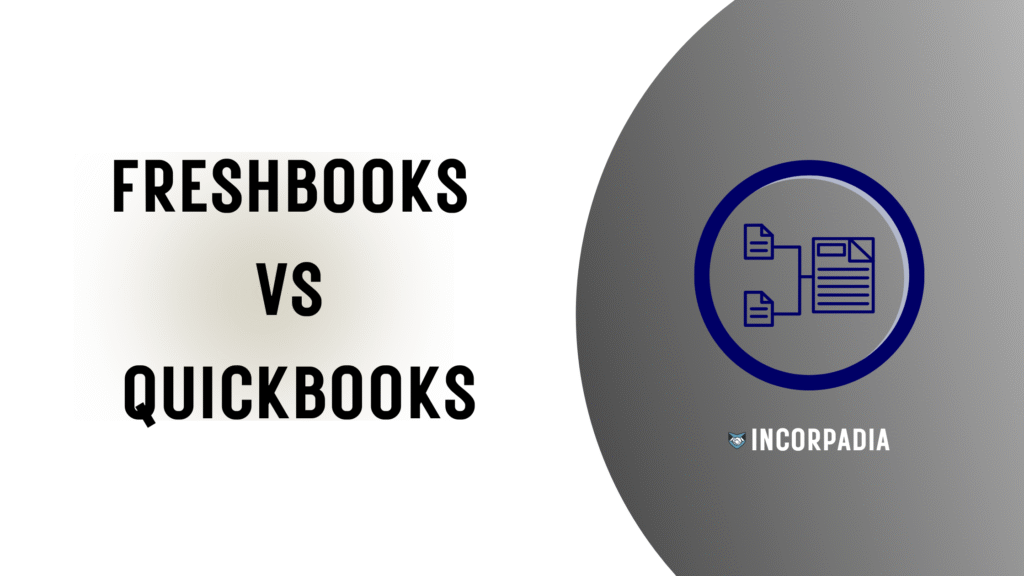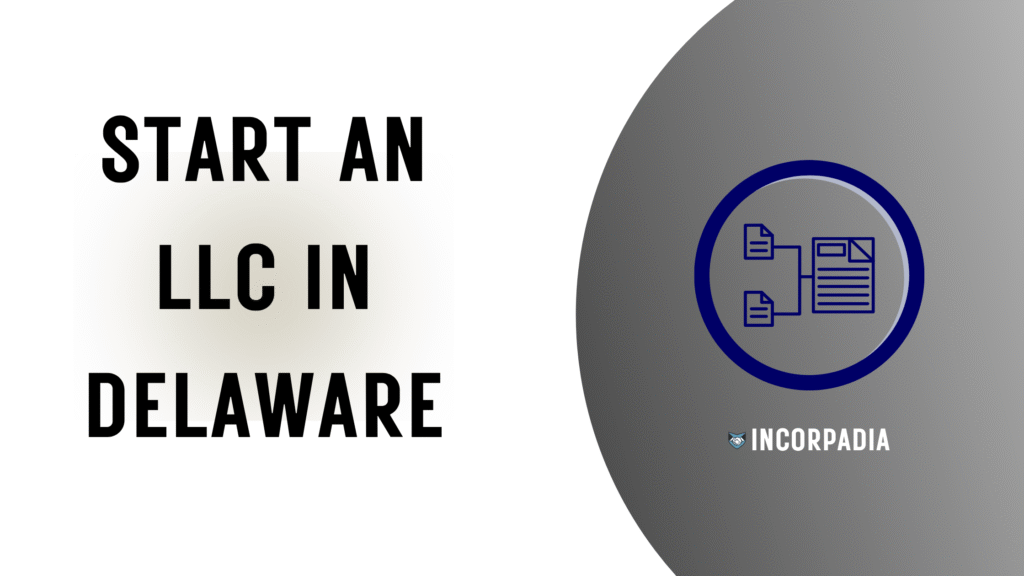Vermont is known for its charming landscapes, vibrant communities, and strong sense of local pride. For entrepreneurs, the Green Mountain State presents a unique opportunity to build a business that connects with both locals and visitors alike. Whether you are a lifelong resident or someone looking to relocate and start a new venture, understanding the process of starting a business in Vermont is essential for success.
Starting a business can feel like a daunting task, but with careful planning and an organized approach, you can successfully launch your business and thrive in Vermont’s diverse economy. From creating a business plan to registering your company, applying for permits, and marketing your business, each step is critical for long-term growth and sustainability.
This guide will walk you through the essential steps required to start a business in Vermont, offering detailed insights and tips along the way.
Step 1: Create a Business Plan
Before you take any other steps, you need to create a solid business plan. A business plan outlines your business goals, strategies for reaching them, and the resources you’ll need to succeed. Think of it as a roadmap that will guide your business through its startup phase and beyond.
A good business plan should contain the following sections:
- Executive Summary: This section provides a brief overview of your business idea, what your business does, and your overall goals. It should highlight your mission and the unique value proposition your business offers.
- Business Description: Here, you’ll dive deeper into what your business will do. This section should explain your products or services, how they meet a need in the market, and how your business stands out from competitors.
- Market Research: This part of the plan should explain your target market and customer base. Consider factors like age, income, location, and behavior patterns. Additionally, you’ll want to assess competitors in Vermont and beyond, understanding their strengths and weaknesses.
- Organization and Management: Outline the structure of your business. Are you a sole proprietor, a partnership, or forming an LLC or corporation? Include information about the management team, their roles, and any advisors you might have on board.
- Products and Services: This section should explain in detail what you are selling or offering. It’s important to focus on why your product or service is unique and how it addresses the needs of your target audience.
- Marketing Strategy: Outline how you plan to promote your business. What channels will you use for advertising (e.g., social media, local events, word of mouth)? How will you differentiate your business from others in the area?
- Financial Projections: This is one of the most important sections, as it will provide estimates of your revenue, expenses, and profits. These projections will help you understand what you need to break even and when you can expect to become profitable.
- Appendix: Include any additional materials or documents that are relevant to your business, such as legal agreements, detailed market research, or letters of recommendation.
The process of writing a business plan can be time-consuming, but it’s essential for setting a clear direction and increasing your chances of securing funding.
Step 2: Choose a Business Entity in Vermont
Your next step is deciding on the legal structure for your business. This decision will impact your taxes, liability, and overall operations. Vermont offers several business entity options, each with its pros and cons. Let’s explore each one:
Sole Proprietorship
A sole proprietorship is the simplest form of business entity. It’s owned and operated by one individual who is responsible for all aspects of the business.
- Pros: It’s easy to set up and maintain. There are fewer formalities and no need to file specific paperwork with the state.
- Cons: You are personally liable for any debts or legal issues your business encounters. If something goes wrong, your personal assets, like your home or car, could be at risk.
Limited Liability Company (LLC)
An LLC combines the simplicity of a sole proprietorship with the liability protection of a corporation. It separates the owner’s personal assets from the business’s liabilities.
- Pros: LLC owners (also known as members) are generally not personally responsible for business debts. Additionally, LLCs offer flexibility in terms of management and taxation.
- Cons: Setting up an LLC requires filing with the Vermont Secretary of State and paying associated fees. LLCs also require more paperwork than a sole proprietorship.
Limited Liability Partnership (LLP)
An LLP is a partnership where all partners have limited liability. This type of business entity is most common among professional businesses like law or accounting firms.
- Pros: Partners are not personally responsible for the business’s debts, which can help protect personal assets.
- Cons: An LLP is more complex to set up and maintain than a sole proprietorship. All partners must agree on key business decisions, and there are ongoing paperwork requirements.
Corporation
A corporation is a separate legal entity from its owners (shareholders). This structure is typically used by businesses that are looking to raise capital or scale.
- Pros: Corporations offer strong liability protection, and it’s easier to raise capital by selling shares of stock. There are also certain tax advantages, like the ability to deduct business expenses.
- Cons: Setting up a corporation is more complicated and expensive than other structures. Corporations are also subject to more regulations and require ongoing compliance with state and federal laws.
Choosing the right business entity depends on your long-term goals, the nature of your business, and your financial situation. If you’re unsure, it may be a good idea to consult with a business attorney or accountant who can guide you through the decision-making process.
Step 3: Determine Your Vermont Business Costs
Understanding the costs involved in starting a business is crucial. It will help you create a realistic budget, avoid financial pitfalls, and ensure that your business remains solvent during its startup phase.
Here are some common expenses to expect when starting a business in Vermont:
- Registration Fees: Every business entity needs to be registered with the Vermont Secretary of State. Registration fees vary depending on the type of entity you choose. An LLC, for example, costs about $125 to register, while a corporation costs around $125 to $150.
- Licensing Fees: Depending on your business, you may need specific licenses or permits. The cost of these can vary, so it’s important to research what’s required for your specific industry.
- Insurance: Business insurance protects your business from unexpected expenses, such as property damage or lawsuits. Typical insurance policies include general liability, workers’ compensation, and professional liability insurance.
- Office Space: If you’re operating a physical location, you’ll need to budget for rent or mortgage payments. Vermont’s real estate market can vary depending on the location, but you should expect to pay more in urban areas like Burlington.
- Employee Wages: If you hire employees, you’ll need to factor in wages, benefits, and payroll taxes. Vermont’s minimum wage is $13.18 per hour (as of 2024).
- Marketing and Advertising: Your marketing budget will depend on your strategy. You can start small with local advertising, social media campaigns, and word-of-mouth efforts. As your business grows, you might want to invest in more extensive marketing campaigns.
Creating a detailed budget will help you avoid unexpected costs and ensure that you have enough funding to keep your business running smoothly during the early stages.
Step 4: Name Your Business in Vermont
Choosing the right name for your business is more than just picking something catchy – it’s a crucial part of your brand identity. In Vermont, your business name must meet certain legal requirements and be distinguishable from other registered businesses.
Here are a few things to keep in mind:
- Unique Name: Your business name must be different from other businesses in Vermont. You can check the availability of your business name through the Vermont Secretary of State’s online database.
- Trade Name (DBA): If you want to do business under a name other than your legal business name, you’ll need to register a “doing business as” (DBA) name with the town clerk’s office in your municipality.
- Name Restrictions: Some words may be restricted by the state. For example, words like “bank,” “insurance,” or “university” may be prohibited unless your business is legally authorized to use them.
Once you’ve chosen a name, make sure to reserve it with the Secretary of State and, if applicable, register your DBA name.
Step 5: Register Your Business in Vermont
Once your business structure is determined and your name is chosen, it’s time to officially register your business with the state of Vermont.
Get a Vermont Resident Agent
A resident agent is an individual or business responsible for receiving legal documents on behalf of your business. If you operate an LLC or corporation in Vermont, you must designate a resident agent with a physical address in the state.
Apply for Vermont Formation Documents
Each type of business entity has specific formation documents that must be filed with the Vermont Secretary of State. For example:
- LLCs: You’ll need to file Articles of Organization.
- Corporations: You’ll file Articles of Incorporation.
These forms can typically be filed online, and you will need to pay the appropriate filing fee.
Request an Employer Identification Number (EIN)
Most businesses will need an EIN from the IRS. This number is used for tax purposes and is required for things like opening a business bank account, hiring employees, and filing tax returns.
You can apply for an EIN online for free on the IRS website.
Step 6: Apply for Business Licenses and Permits
While Vermont doesn’t require a general business license at the state level, many businesses still need specific permits or licenses to operate legally.
The types of licenses you may need will depend on your business type and location. For example:
- Sales Tax Permit: If your business sells taxable goods or services, you’ll need to apply for a sales tax permit with the Vermont Department of Taxes.
- Professional Licenses: If you’re offering professional services like healthcare, law, or accounting, you may need a license from the Vermont Office of Professional Regulation.
- Local Permits: You may need permits from your town or city, such as zoning permits, health department permits, or liquor licenses (if applicable).
Ensure you apply for all required licenses and permits to avoid fines or legal issues.
Step 7: Get a Bank Account
Once your business is officially registered, it’s important to open a separate business bank account. Having a dedicated business account allows you to manage your finances better, maintain legal protection for your personal assets, and make it easier to file taxes.
Most banks will require the following documents to open a business account:
- Your EIN.
- Your formation documents (e.g., Articles of Organization or Incorporation).
- Your Operating Agreement (for LLCs).
- Personal Identification (e.g., driver’s license or passport).
Having a separate business account will help you track your business income and expenses and simplify tax season.
Step 8: Market Your Business in Vermont
Once your business is up and running, it’s time to let the world know about it. Marketing is essential to attracting customers and building a solid reputation. Vermont’s small, community-oriented nature offers unique marketing opportunities.
Consider the following marketing strategies:
- Local Advertising: Vermont’s local newspapers, radio stations, and bulletin boards can help you reach a targeted audience.
- Social Media: Social media is a great way to connect with local customers. Platforms like Facebook, Instagram, and Twitter can help you engage with your community.
- Networking: Join Vermont-based business associations or attend local events. Networking can help you meet other entrepreneurs and potential customers.
- Promotions: Offer discounts or special deals to attract new customers and build loyalty.
Tailor your marketing approach to Vermont’s local values, emphasizing sustainability, community engagement, and supporting small businesses.
Important Information
Do You Need Business Insurance?
While not all types of insurance are required by law, it’s highly recommended to protect your business from risks like property damage, theft, or lawsuits. Some common types of insurance include:
- General Liability Insurance: Protects against claims of injury or property damage.
- Workers’ Compensation Insurance: Required if you have employees.
- Professional Liability Insurance: Covers claims of negligence or errors in professional services.
Consult with an insurance agent to determine what coverage is right for your business.
What is the Most Profitable Type of Business?
The most profitable business depends on various factors, such as your industry, location, and expertise. Some businesses that tend to be profitable in Vermont include:
- Tourism-related businesses: Vermont is a popular tourist destination.
- Agri-business: With a focus on sustainable farming, this is a growing sector in the state.
- Technology: Vermont has a growing tech sector, especially in renewable energy and software development.
It’s crucial to align your business with market demand and your own skills to maximize profitability.
FAQs
How long does it take to start a business in Vermont?
Starting a business in Vermont can take anywhere from a few days to a few weeks, depending on the complexity of your business entity and how quickly you file the necessary forms.
Can I start a business in Vermont if I’m not a U.S. citizen?
Yes, non-U.S. citizens can start a business in Vermont, but they must obtain an ITIN (Individual Taxpayer Identification Number) from the IRS.
Are there grants available for small businesses in Vermont?
Yes, Vermont offers various grants and funding opportunities for small businesses, particularly those focused on innovation, sustainability, and community development. The Vermont Economic Development Authority (VEDA) is a great resource for finding available programs.
Do I need a lawyer to start a business in Vermont?
While it’s not required to hire a lawyer, consulting with a business attorney can be helpful for navigating complex legal matters, especially if you are unsure about your business structure or contracts.







